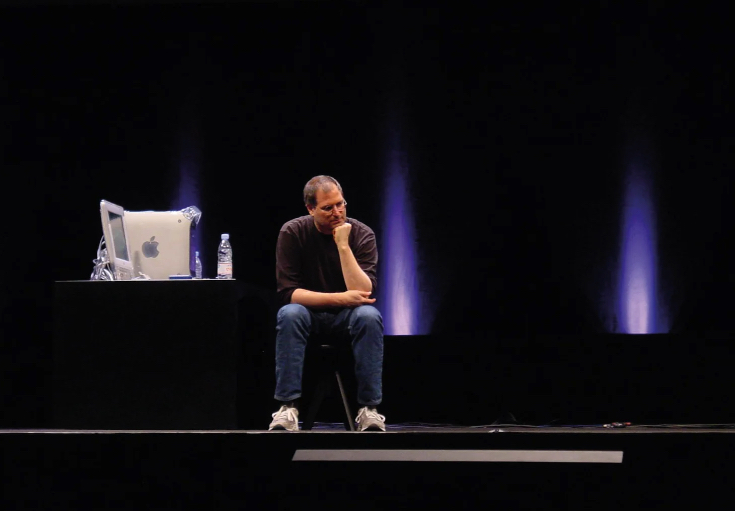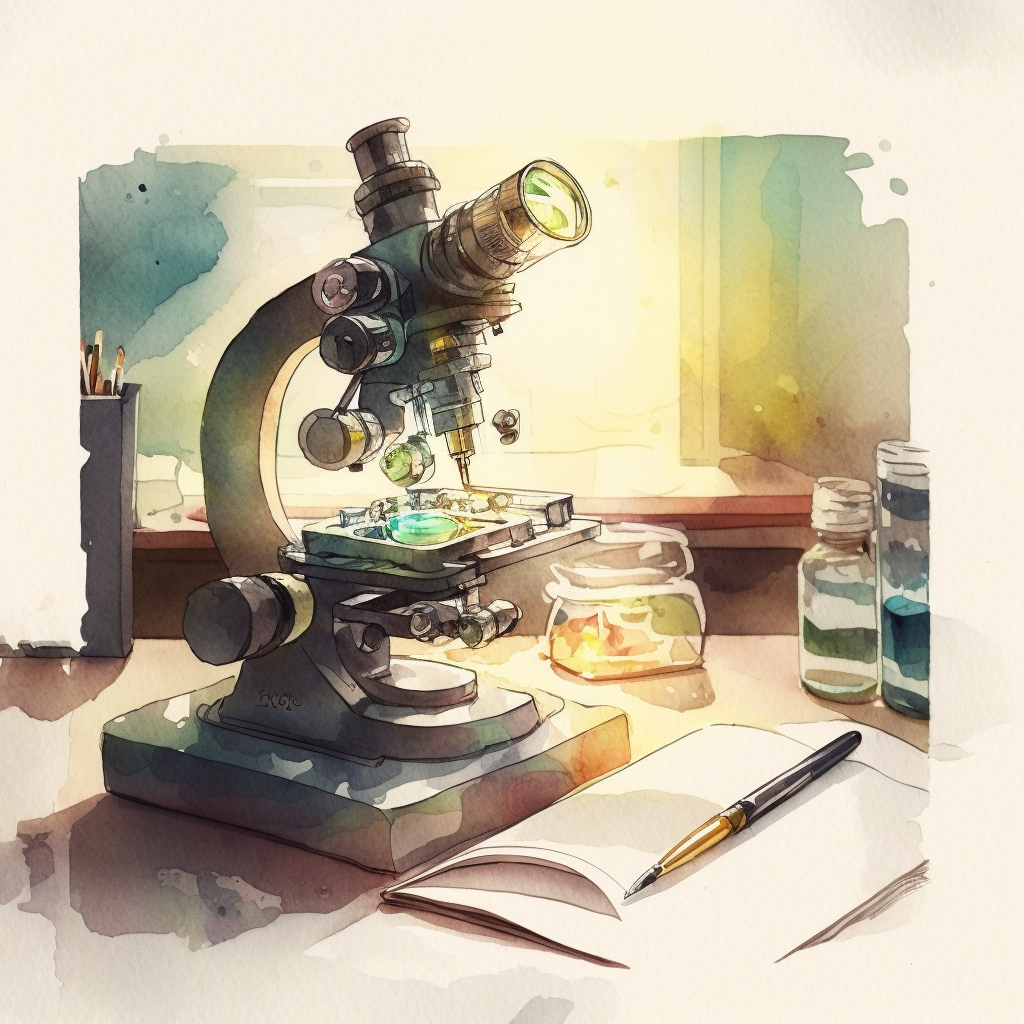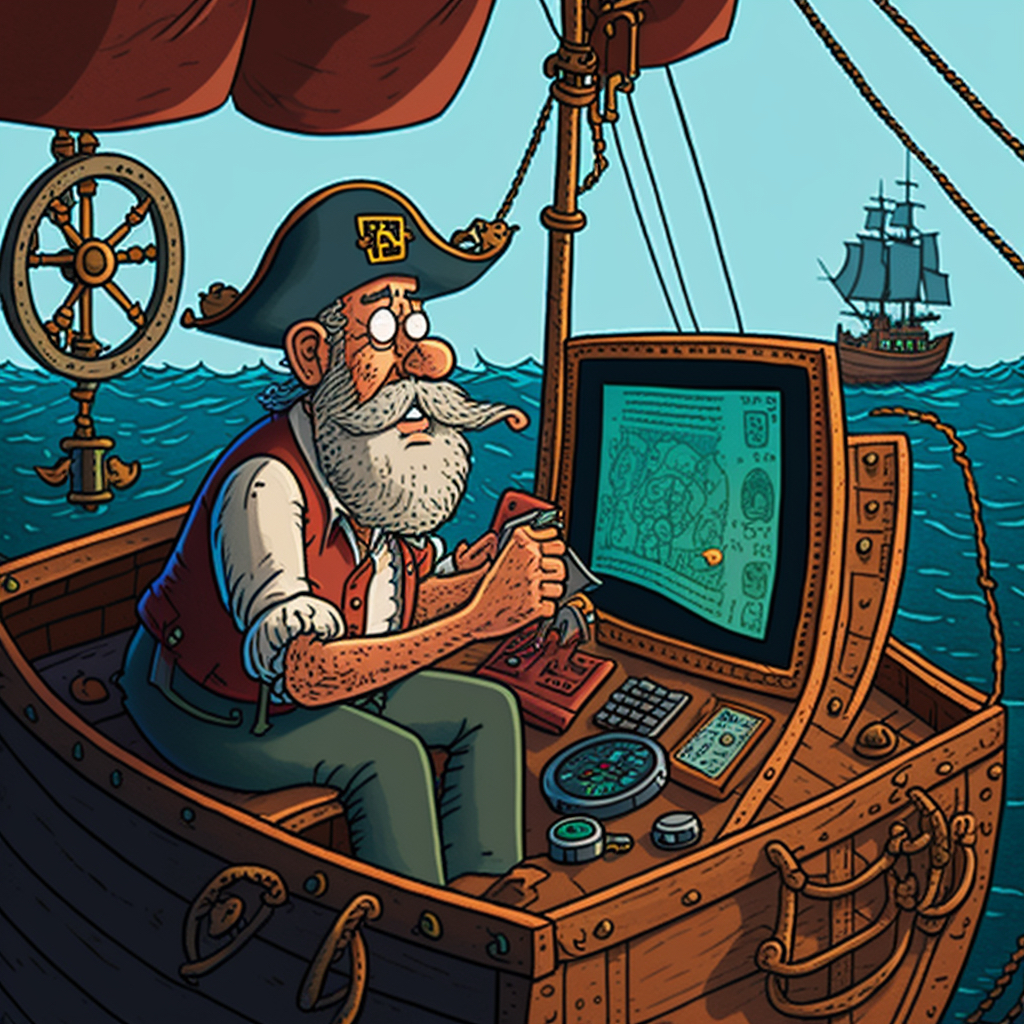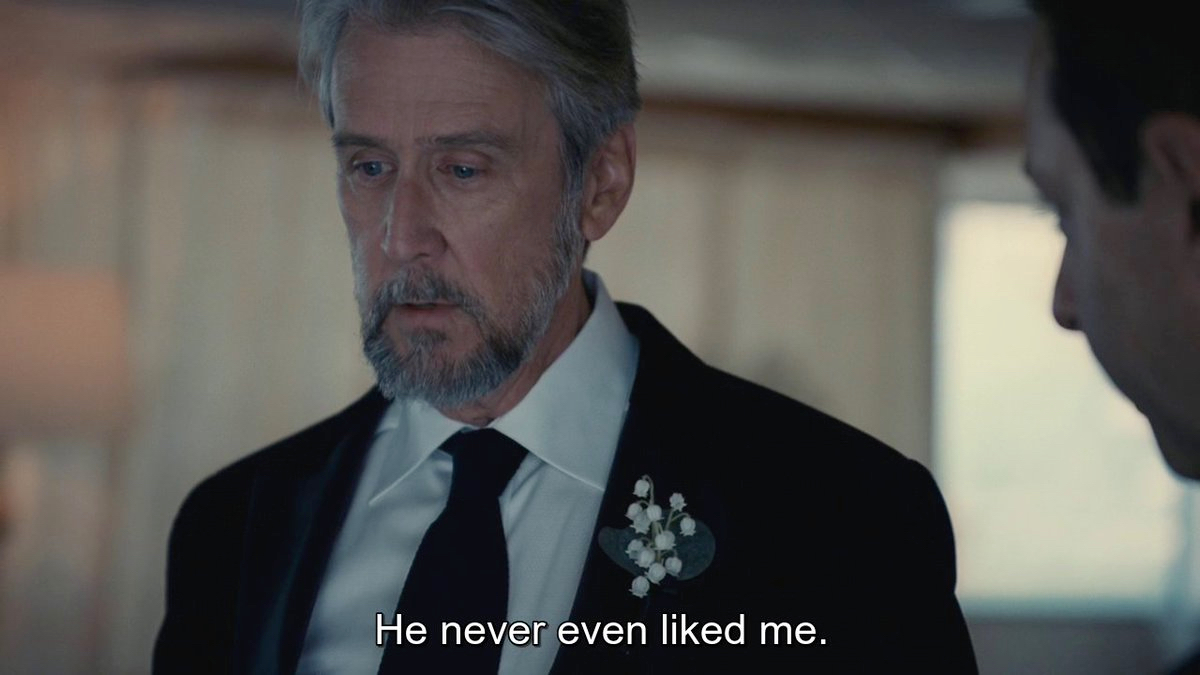
Steve Jobs, Twitter, and AI’s Role in Science
Everything we published this week
April 15, 2023 · Updated February 7, 2026
Hello and happy Sunday!
We have a few big things dropping this week!
- Every is hosting a GPT-4 Hackathon in collaboration with Ben's Bites starting on April 18th.
- Dan is launching a cohort-based course to teach you how to build a GPT-4 chatbot! Full announcement coming soon, but Every subscribers can get early bird access today.
Now, on to the articles.
Steve Jobs' Legacy for Builders
Evan Armstrong / Napkin MathSteve Jobs was both brilliant and cruel, genius and narcissistic. In Make Something Wonderful, a new eBook on his life, Jony Ive and Laurene Powell celebrate his godlike powers—while ignoring the complications of his past.
Evan Armstrong delves into this duality in a fascinating review of the book. He looks at Job's legacy as a builder and designer—and examines how his story and creations affect him.
Twitter is Fragmenting
Nathan Baschez / DivinationsThe neighborhood bar is a classic metaphor for Twitter. But as Nathan Baschez suggests in this week's Divinations essay, it might be time to update the analogy. The bar has been bought by a rich asshole, and the math isn't working anymore.
Nathan argues that people are starting to scatter—but will they go to new locations? He examines the implications of Twitter's fragmentation in this week's piece.
When You Plateau, So Does Your Company
Casey Rosengren / No Small PlansWhen your comfort zone becomes the bottleneck of your business, it's time to break free.
Casey explores how product-focused founders can get trapped in their comfort zones, causing their companies to plateau and eventually stagnate. Through the lens of Acceptance and Commitment Therapy (ACT), he breaks down the concept of comfort zones and provides actionable ways to expand them.
By clarifying what's important, ramping up the costs of inaction, building discomfort tolerance, and creating commitment scaffolding, founders can overcome their fears and unlock new opportunities for growth and success.
Against Explanations
Dan Shipper / Chain of ThoughtIs it time to abandon explanations in favor of AI-driven predictions in fields like psychology? Traditional science has struggled to provide clear and concise explanations for complex issues such as anxiety and depression. However, AI models like GPT-4 are capable of encoding human-like intuition, while also being inspectable, debuggable, and transferable.
Dan explores the possibility of using AI models to make progress in areas where science has fallen short. He argues that AI can complement our understanding and help us make better decisions without having to wait for explanations that may never arrive.
How Psychological Ownership Can Make Crypto Less Mercenary
Li Jin / Means of CreationSpotify Wrapped taps into 'psychological ownership'—the feeling of possession or "mineness" over a product or service. But with crypto projects, user interest is often transient and transactional. Cypto projects can use this same concept to cultivate a sense of psychological ownership among users—leading to healthier user retention and sustainable ecosystems.
In this essay, Li Jin shows us how, and explains why it's important for Web3 projects to include the magic of "mine".
Upcoming Events
Ben's Bites + Every: AI Hackathon - April 18th - April 20th
Dan is hosting an AI hackathon with Ben from Ben's Bites. Come hack with him over three days next week!
Succession Episode 3 Review
Hey there! As a fun addition to the Sunday Digest, Evan will be writing a mini-review for the final season of Succession. Each review will discuss the themes, writing, and dynamics of the show.
There are only two episodes in the entire history of television that have achieved a 10/10 rating on IMDB. Last week’s episode “Connor’s Wedding” was one of them. It will go down as one of the great achievements of modern television. Perfection. Full-stop.
As I’ve mentioned in previous reviews, Succession is so good because it comfortably straddles absurdity and reality to help us understand just how incompetent our elites are. This episode shows how despite the money and power, death balances the scale, even for Logan Roy and his progeny.
Episode three portrayed the reality of modern death perfectly. There was no clear goodbye or poignant last speech from Logan. There was just the phone call, the disbelief, the shaking farewells hastily uttered into a speakerphone, and wholesale emotional confusion. It hurt to watch Shiv, Roman, and Kendall try to force the entirety of their feelings into that little iPhone 13. It was a deeply imperfect vessel, but it was what they had.
I think of death like battery acid. It melts away layers of confidence and swagger, stripping the soul of its most base emotions. The acid burned away the supposed progress the Roy children had made. They were still the same broken people that we met in the pilot episode. Logan’s death revealed how deeply he had messed up his kids.
For example, here’s Connor’s first words upon hearing the news:
And Kendall’s final words to his dad, “I love you, Dad. I do. I love you. Okay? Uh... And it's okay. Uh, even though you fucking... I don't know. I can't... I can't forgive you. Um... But…It's okay, And I love you”
Look, this episode broke me. Absolutely slaughtered me. To give you the extent of the emotional damage done, after the episode was over I called my dad and asked him to go on a fishing trip. Here’s to hoping that tonight’s episode is a little lighter.
That's all for this week!
The Only Subscription
You Need to
Stay at the
Edge of AI
The essential toolkit for those shaping the future
"This might be the best value you
can get from an AI subscription."
- Jay S.
Join 100,000+ leaders, builders, and innovators

Email address
Already have an account? Sign in
What is included in a subscription?
Daily insights from AI pioneers + early access to powerful AI tools














Comments
Don't have an account? Sign up!